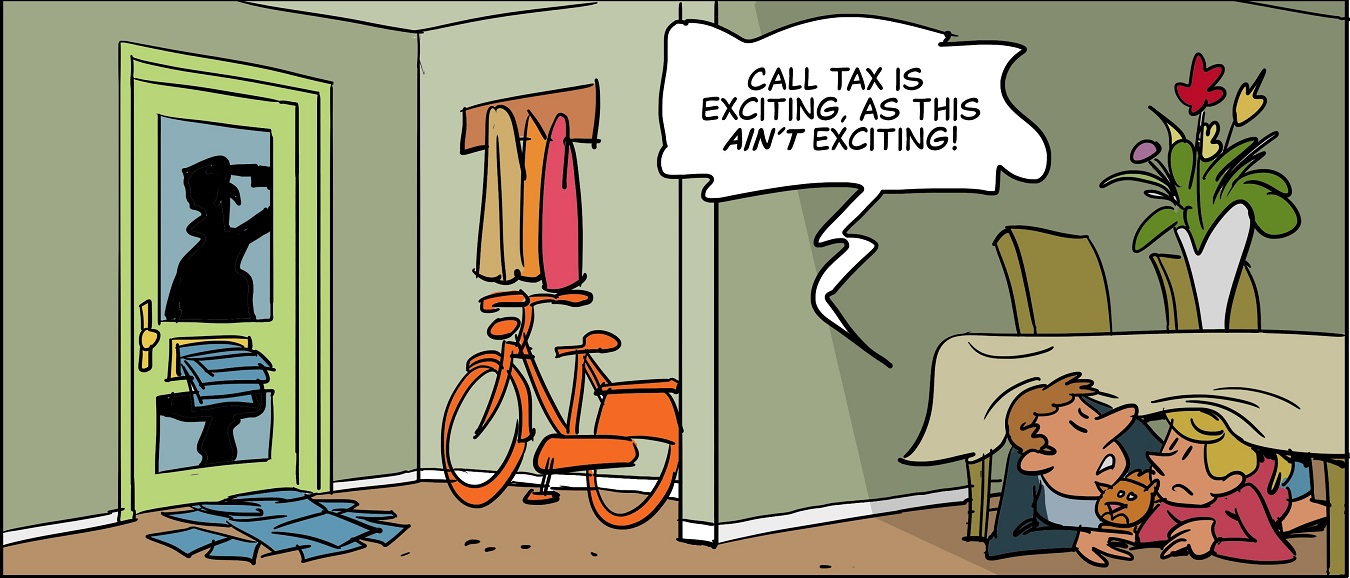The famous 183 day rule is more often abused in assumptions that actually used in real life. How is that possible? The answer is really simple, the 183 day rule has two more rules that make it can hardly be used at all.
183 day rule – what is that about?
Some people spend time in the Netherlands for work, are horrified by our 52% tax rate and try to find solutions to the Dutch tax rates. One of them is to avoid becoming subject to the Dutch tax system by applying the 183 day rule.
What 183 day rule criteria do you need to meet?
Obviously you cannot be physically more than 183 days in the Netherlands. The day you take the airplane out is a physical day in the Netherlands. The 183 days apply to one calendar year, or if the tax year is not equal to the calendar year, like in the United Kingdom, the 183 day period is counted in the 12 months of that other calendar year.
During the period that you stayed less than 183 days physically in the Netherlands, you are paid by an employer that is not resident in the Netherlands.
And your salary cannot be allocated to a permanent establishment your non Dutch employer has in the Netherlands.
The two last paragraphs are making the rule no rule in most cases.
How not to use the 183 day rule?
Most simple situation is that you stay longer than 183 days. Some focus on the working days, some forget the travel days.
More often it is a person from abroad that worked less than 6 months in the Netherlands, who thinks that no Dutch tax should be applied then. But that employee was not send from abroad by a foreign employer, was working for a Dutch company, hence the rule does not apply.
Subcontractors think they can use the 183 day rule if the contract only lasts for 6 months. But subcontracting can only be done in the Netherlands if the company for whom they are working, nearly always their own UK Ltd, if that UK Ltd is registered in the Netherlands as so called WAADI employment agency. Once that registration is done, the Dutch rules with respect to payment in the Netherlands apply. Hence Dutch tax rates apply.
Single persons staying a while in the Netherlands who forget that they have become a Dutch resident tax payer the first day they arrived, regardless how long they stay, as their fiscal residence is based on facts and circumstances. And those make them subject to Dutch tax immediately.

How to use the 183 day rule?
Your company sends you as employee out to the Netherlands to attend a fair, visit clients, do research, find clients. This can be a short stay, a longer stay, but would make doing business for a foreign company very complex if for every day spend in NL, or any other country in the world, a local payroll needs to be set up for the days spend in those countries. So it is a very practical solution.
Orange Tax Services
We are often contacted by subcontractors that want to use this 183 day rule, or even worse, have the opinion that as they work in NL for a UK company, their own UK Ltd, they should not need to pay any Dutch tax. Fortunately we have tax treaties that are very clear on the subject. Work done in a country is taxed in that country.
We prefer potential clients to contact us and simply ask how it works, then we can explain that with the 30% ruling in place, you pay in NL less tax than in for instance the United Kingdom. That always is a good selling point, unless you do not qualify for some reason for the ruling, then I hope the day rate you can earn in NL compared to abroad makes it still worth while moving over.





